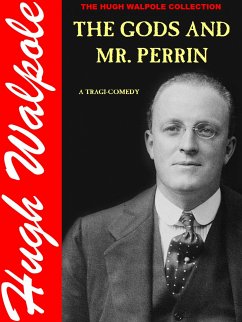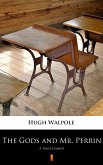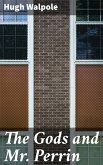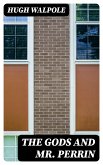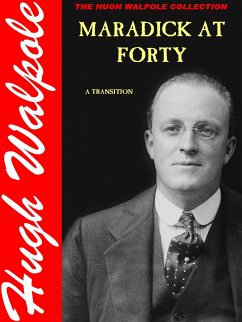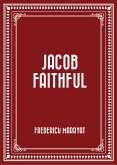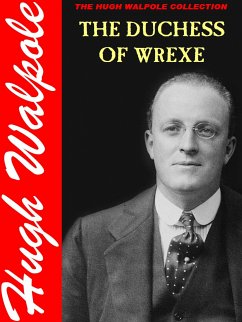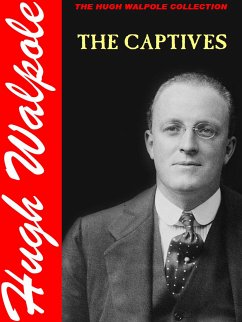"You think you will escape, but already the place has its fingers about you. You will be a different man at the end of the term. You will be allowed no friends here, only enemies. You think the rest of us like you. Well, for a moment, perhaps, but only for a moment.... You must not be friends with the Head, because then we shall think that you are spying on us. You must not be friends with us, because then the Head will think that you are conspiring against him. You must not be friends with the boys, because then we shall all hate you and they will despise you. You will be quite alone.
This, and more of it, is the gloomy picture drawn by the cleverest master in a school faculty in Cornwall, England, for the benefit of young Archie Traill, just through the university, and entering upon his first year of teaching. Traill himself, a normal, full-hearted youth, is brought into the story, as is Isabel Desart, a visitor..." -The Nation, March 7, 1912
Dieser Download kann aus rechtlichen Gründen nur mit Rechnungsadresse in A, B, BG, CY, CZ, D, DK, EW, E, FIN, F, GR, H, IRL, I, LT, L, LR, M, NL, PL, P, R, S, SLO, SK ausgeliefert werden.

